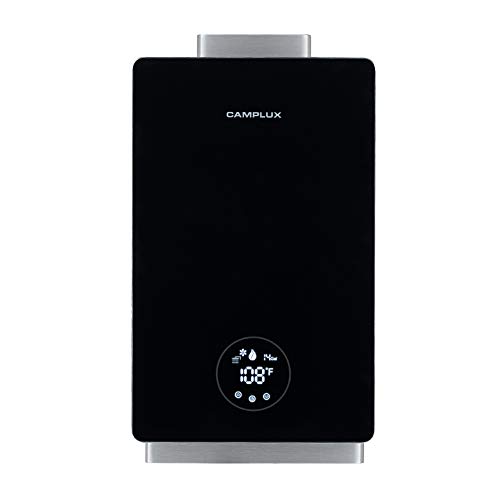A boiler and a heater serve different purposes, yet share some similarities. But how do you know which of the two to choose? What are their differences? We're here to help you find out! We did plenty of research and compared them well.
The main difference between a boiler and a heater is their function and purpose. A boiler uses fuel to create combustion and heat up water. In contrast, a water heater uses gas or electricity for power, and a heat conduction mechanism. See below for the differences and similarities:
- Heating Mechanism
- Installation Location
- Heating Capacity
- Safe Usage
- Price
Throughout this article, we'll distinguish the qualities between a boiler and a heater. We'll share with you their purposes and when you should choose them. Then, you'll have an idea of what is best for your home. We're thrilled to learn with you again! So, let's keep reading!
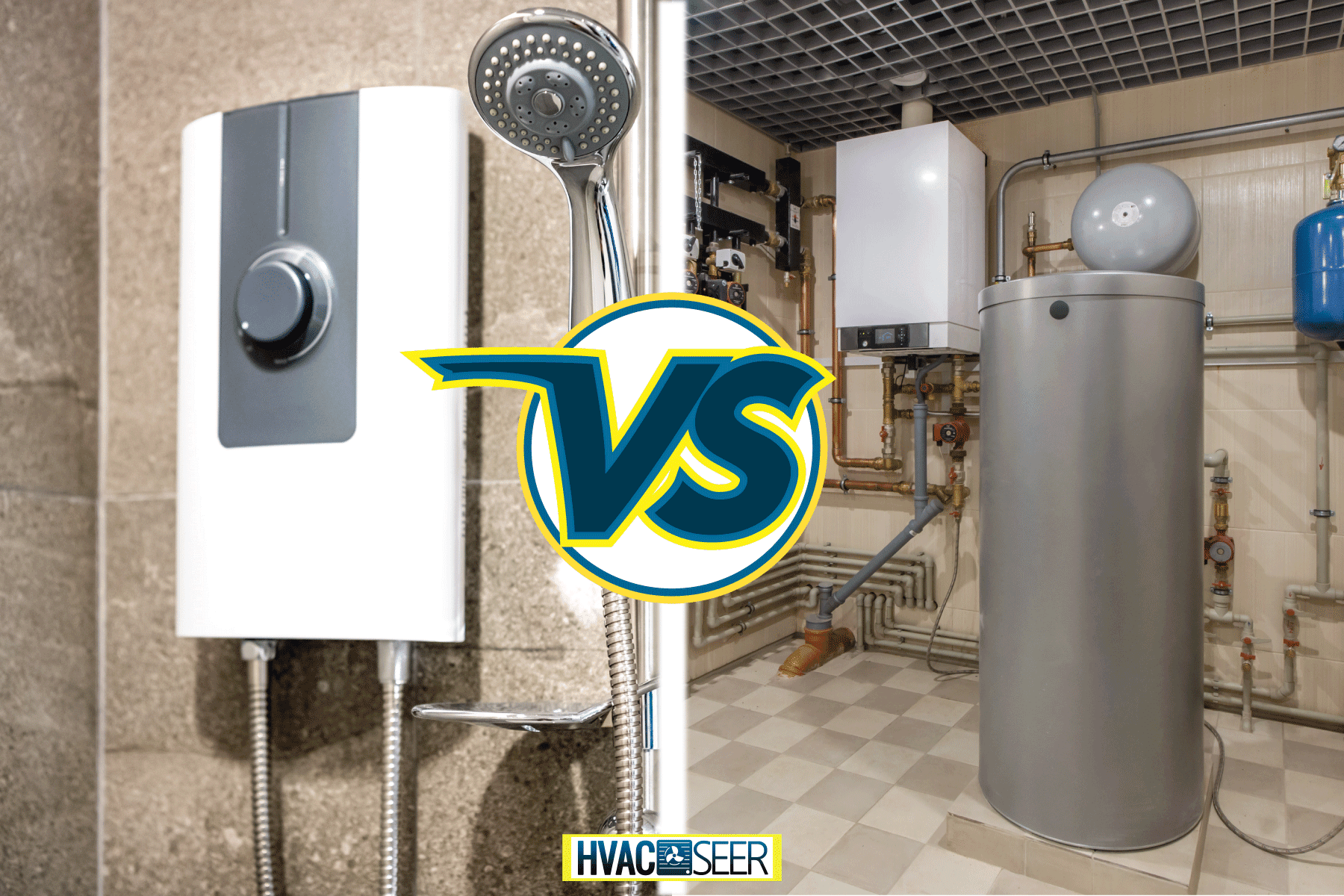
Differences Between A Boiler And Water Heater
It's important to compare the essence of these two appliances, as they serve quite different purposes. Although they both heat up, we need to understand how their functions vary from each other. We've provided below a detailed comparison between a boiler and a water heater.
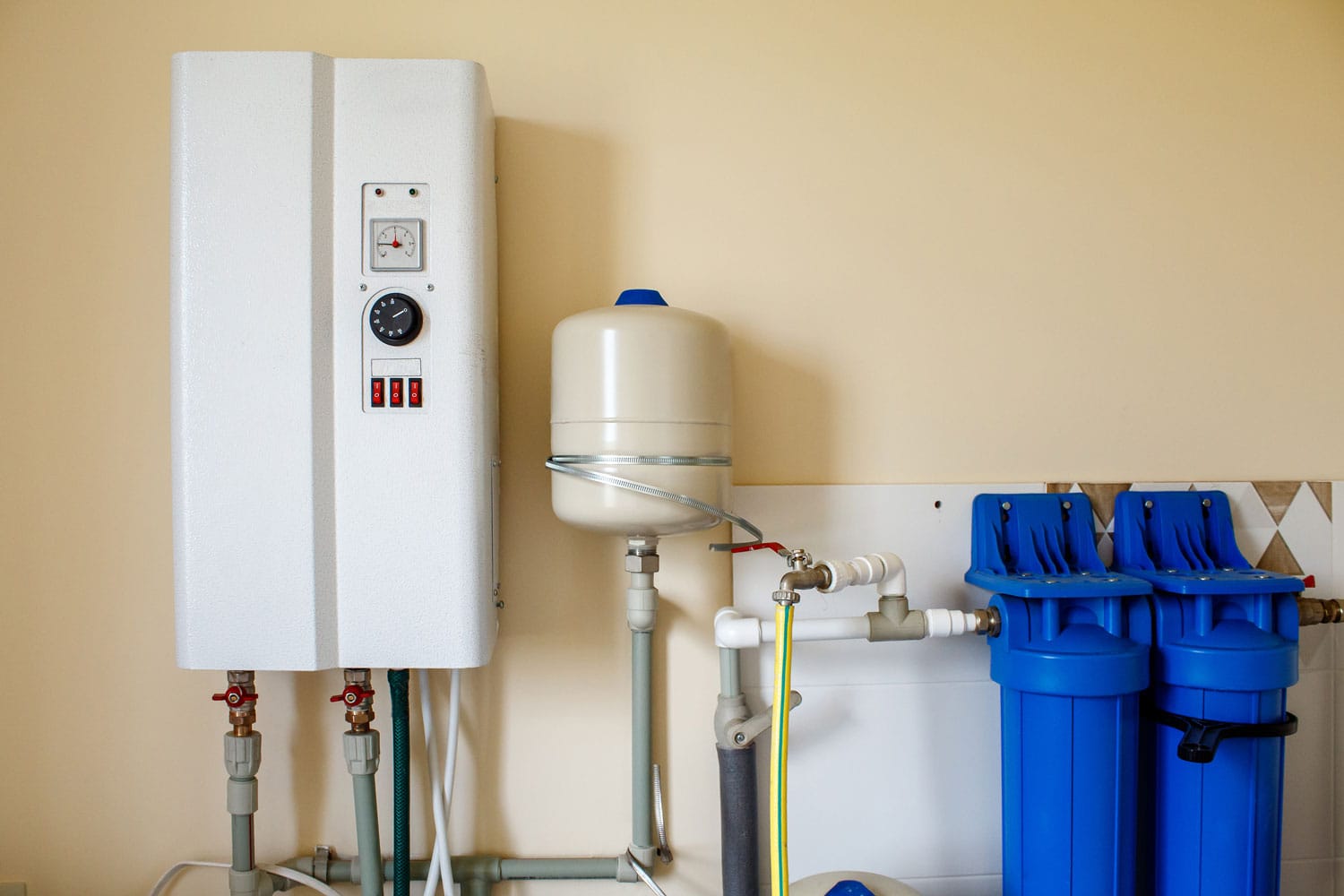
1. Heating Mechanism
Often the terms boiler and heater are used interchangeably, which causes some confusion.
But remember, the main distinction between the two is their heating mechanism. A boiler uses combustion while a water heater uses conduction.
Combustion in the Boiler
The boiler uses a process called combustion, in which it needs a fuel source, oxygen, and heat to raise the temperature of water. The fire will burn the coil and transfer the heat to the water, causing it to boil.
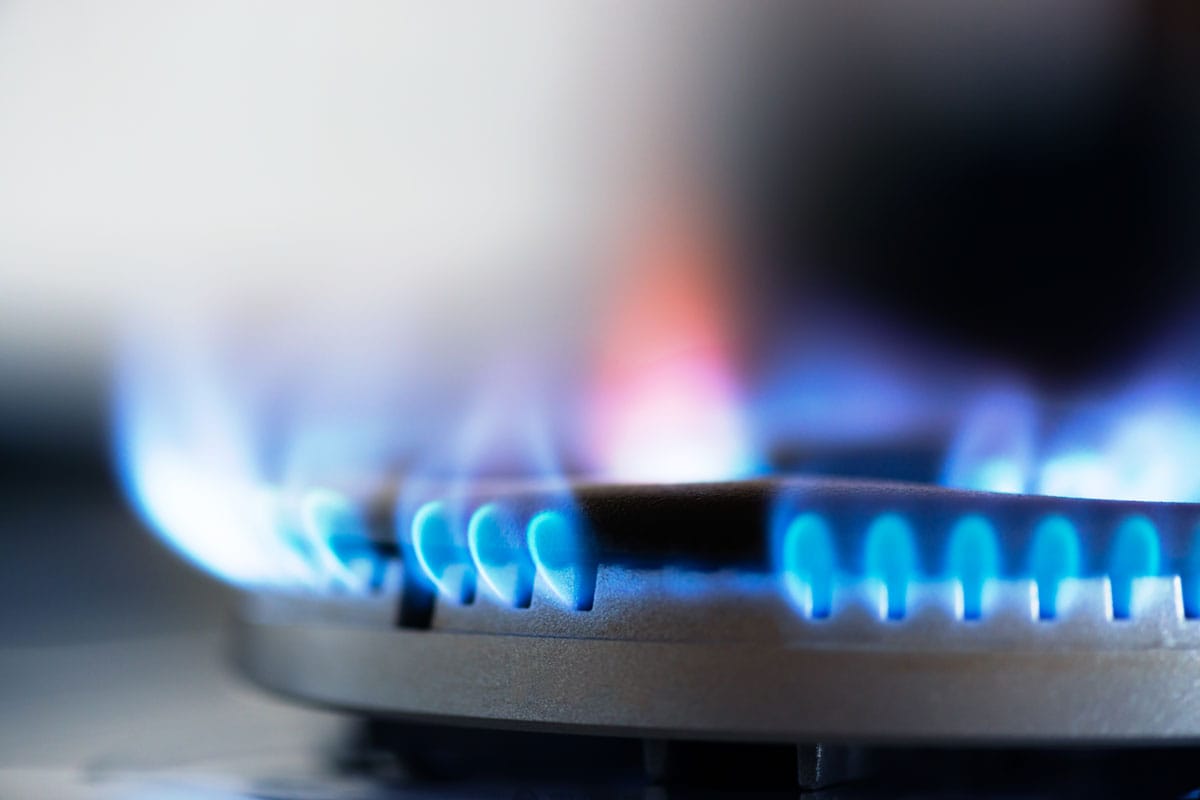
Also, the boiler isolates the water into a metal case or tank alongside a fire tube. The fire will burn continuously until the water boils and turns into steam.
The steam will then pass through a tube, which fills with hot air and improves the temperature. Most boilers have a steam tube that acts as an air dehumidifier, which is not common in heaters.
Aside from releasing hot steam, the boiler has a tank separate from the water outlets that run throughout a house's pipes.
As an example, consider a faucet with a two-way outlet. One comes from the main water source, while the other one comes from the boiler. You can choose to use either regular water or boiled water.
See below for the illustration of a boiler:
Conduction in the Heater
I comparison, a heater uses a conduction mechanism, so the temperature depends on the transfer of heat.
This is where a lot of confusion often takes place. A gas heater has a burner and creates a fire, and the boiler works the same way the gas heater does.
But when a gas heater evaporates water, you cannot use its steam to improve the air temperature inside a room. However, a boiler maximizes the purpose of steam, mixing it with the circulated air.
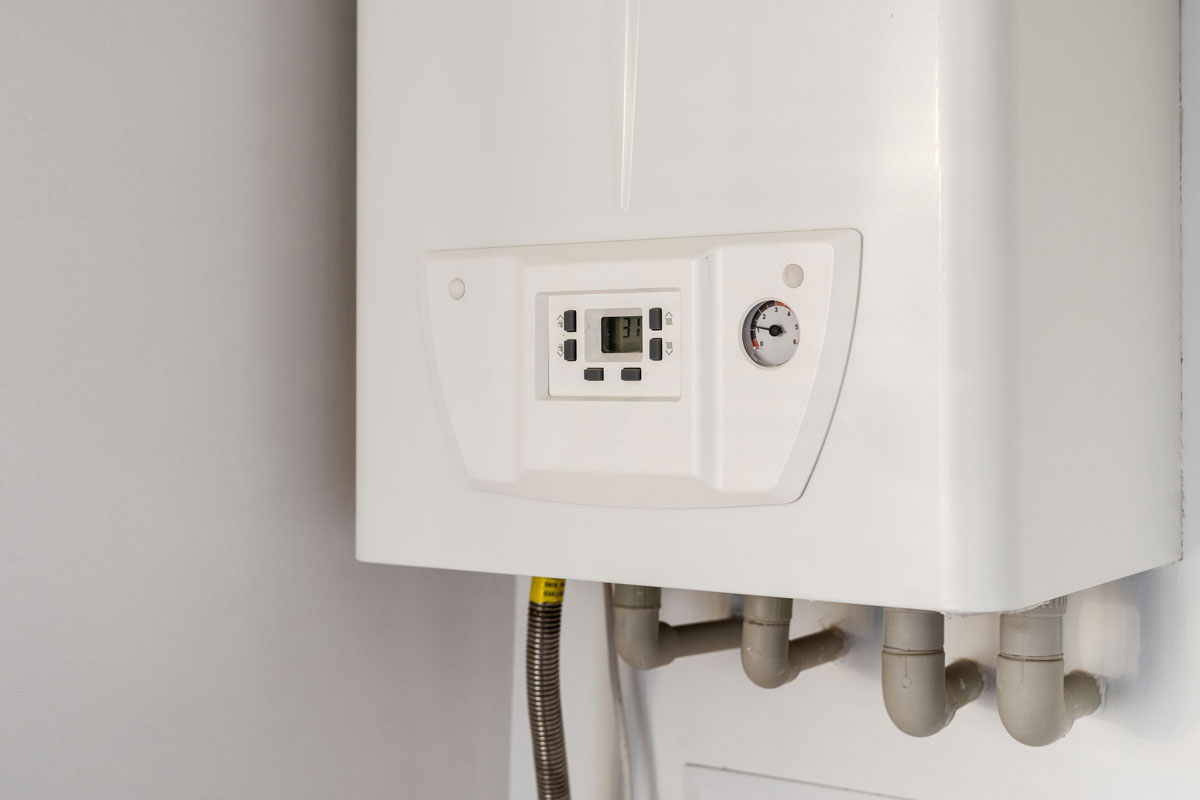
Another type of heater, known as an electric heater, is quite easy to understand. It uses electricity as a heat source and has metal wires in direct contact with water.
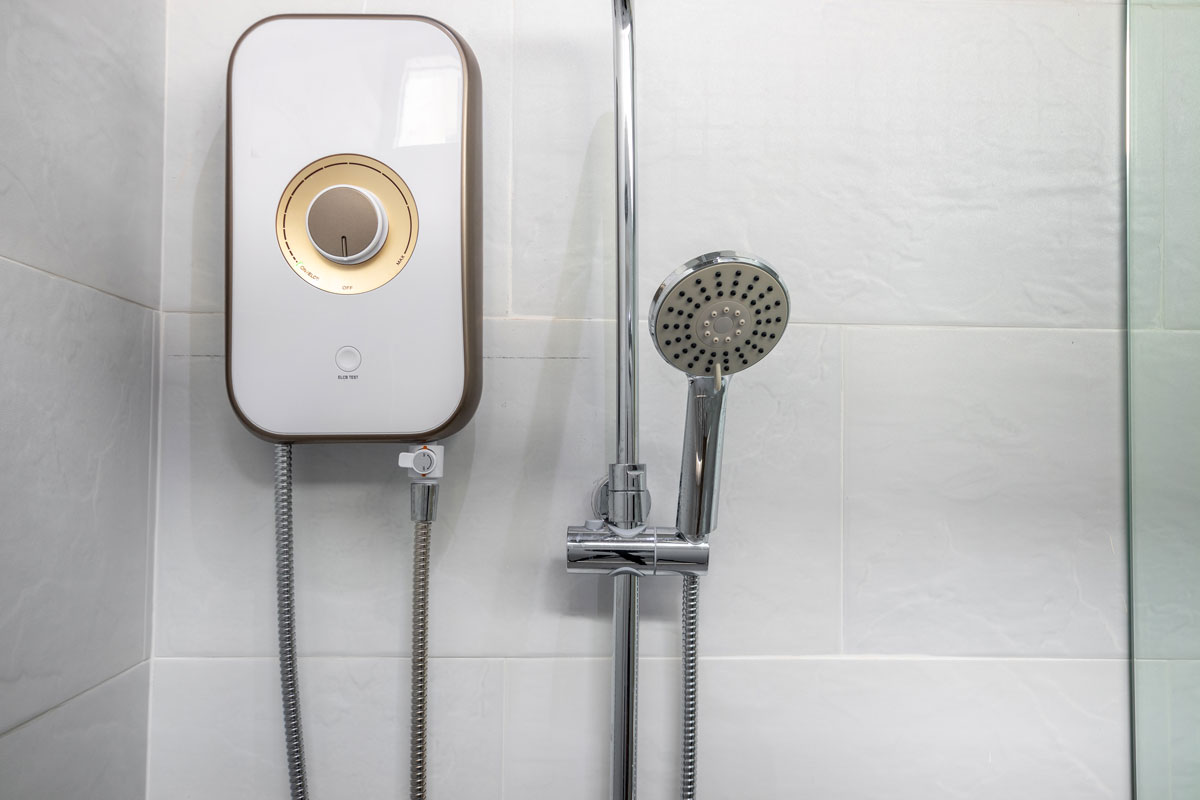
A hot shower is the best illustration of a heater. You simply need to turn the switch to activate the burner or the electric rods.
The water will then heat up in a few minutes, allowing hot water to flow through the hose and out of the shower head. However, the steam from the shower will evaporate, and you cannot use it to improve the air temperature.
See this shower heater on Amazon.
Refer to the depiction of a water heater below:
2. Installation Location
In some places, the boiler is usually installed outdoors, while the water heater is indoors. A boiler needs ample space, and most water heaters can be mounted on a wall.
If you want a boiler installed indoors, you'll need a properly ventilated room. The boiler can increase the air temperature.
Also, it's possible that the heat from the boiler will penetrate through walls and ceilings, and can corrode wiring. However, one advantage of an indoor boiler is that it helps keep its surroundings a bit warm.
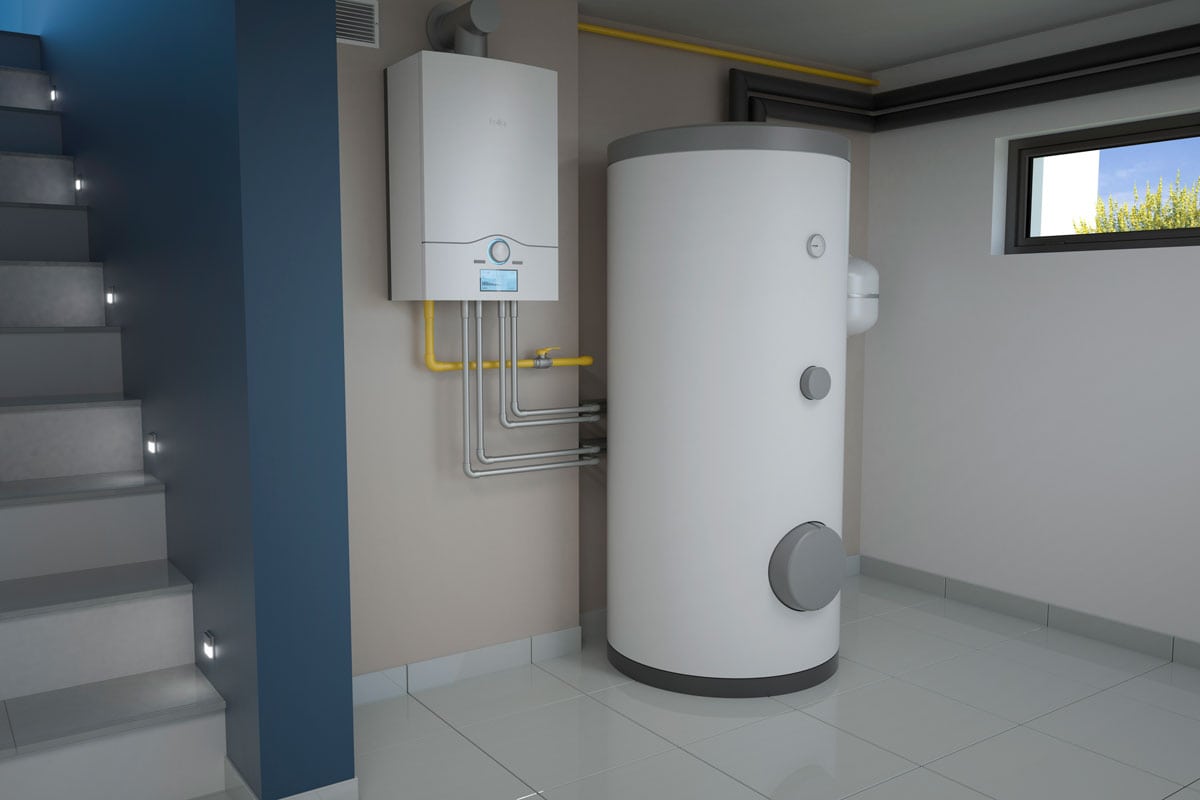
In comparison, a water heater is usually indoors because it doesn't create as much heat as a boiler. Also, the heater should be as close as possible to the sink or shower.
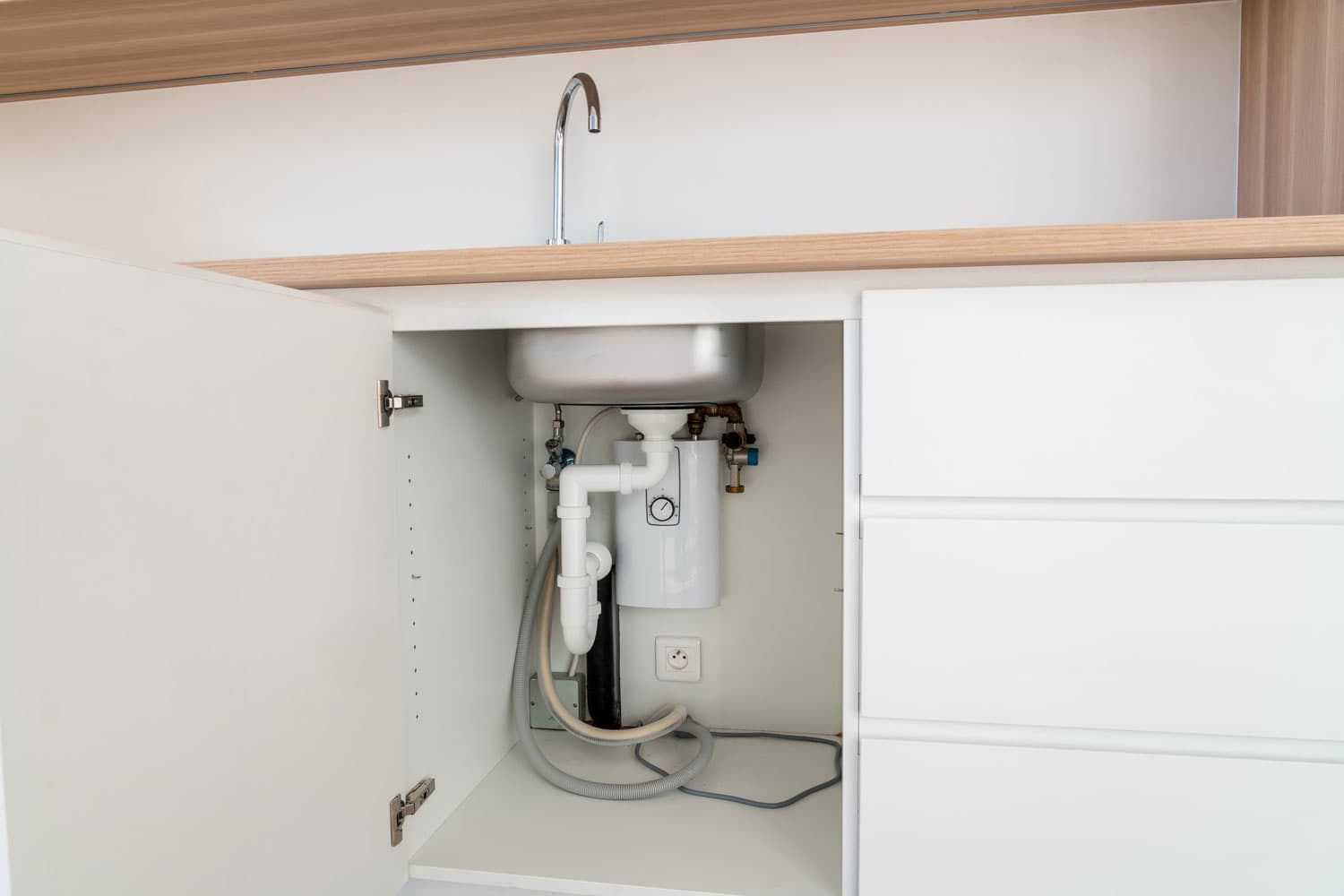
A water heater may cause electric shock, especially if it's installed inside the bathroom. Always check the quality and compatibility of this appliance for safe use.
For a shower heater, place it at least 6 feet above the floor. Always keep the heater box dry by wiping it every after taking a shower.
Remember to keep the boiler and heater away from flammable materials like LPG tanks.
3. Heating Capacity
Most boilers can reach up to 210 degrees Fahrenheit. Water heaters reach temperatures of around 140 degrees Fahrenheit. However, consider using a safe temperature of 120 degrees Fahrenheit or less when you use the water.
Since the boiler also releases steam which fills the room, it's better to set the temperature around 78 degrees Fahrenheit.
4. Safe Use
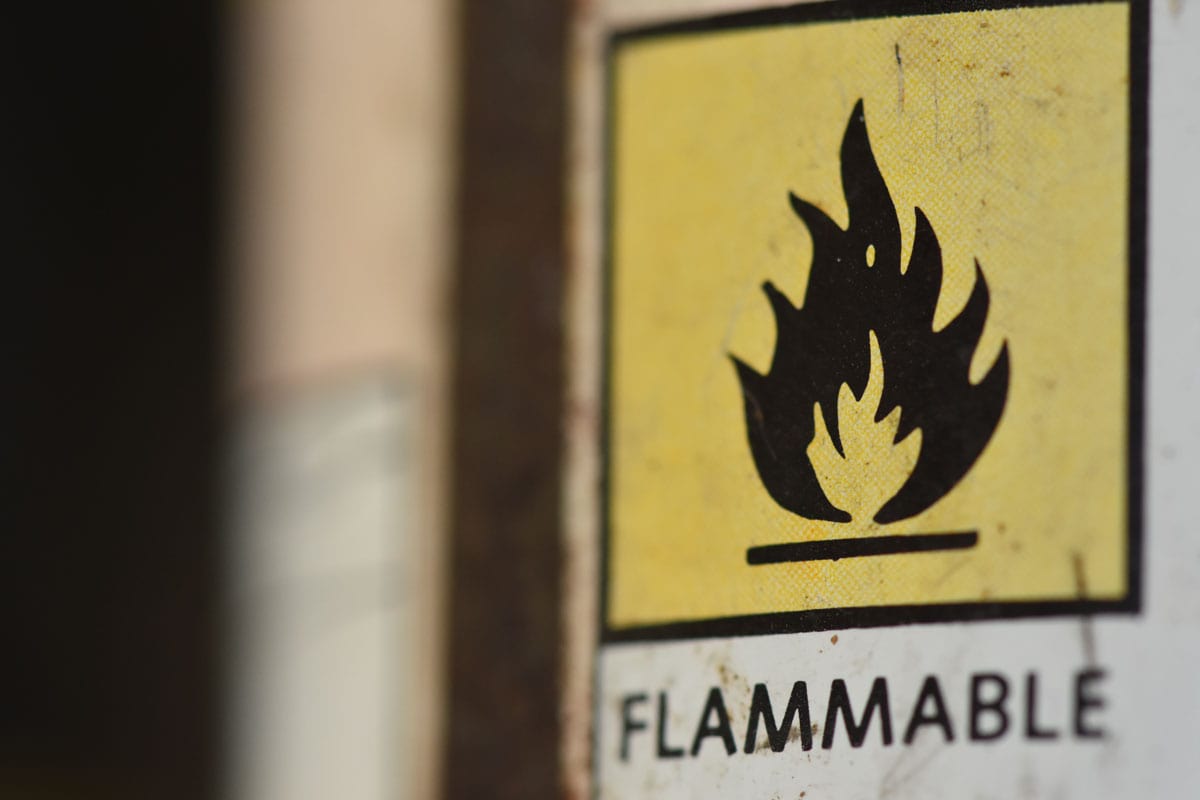
It's important to use the boiler and water heater within their limits. Remember to use your appliances safely, and as recommended.
Depending on where you live, local authorities may require you to apply for a permit before installing a boiler or water heater. Consult them first, especially for help with assessing your rooms and plumbing system. They may also require a fire extinguisher inside your home.
We listed some things to consider when using a boiler and heater:
- Boilers are risky if they are leaking. Ensure to keep light or vulnerable items far away from the boiler.
- If there's a separate room for the boiler, never let pets or children play in this space. Keep the area secure.
- Do not overuse these appliances. Always refer to the user's guide for recommended operation.
- Turn them off when not in use, especially if you'll be away from home for a few days.
5. Price
The price of boilers is around $3,000 to $8,000 depending on your location. In contrast, water heaters cost between $800 and $1,500.
Water heaters are cheaper because they are designed to heat water. Boilers are more expensive because of installation, and you need an accurate assessment of the area for their placement.
What Fuel to Use for the Boiler?
Fuel is a material that you add to heat and oxygen to create a fire. Most boilers use gas or oil to start the boiling process. But it's important to know what kind of fuel is suitable for your boiler. See below for some types of fuel.
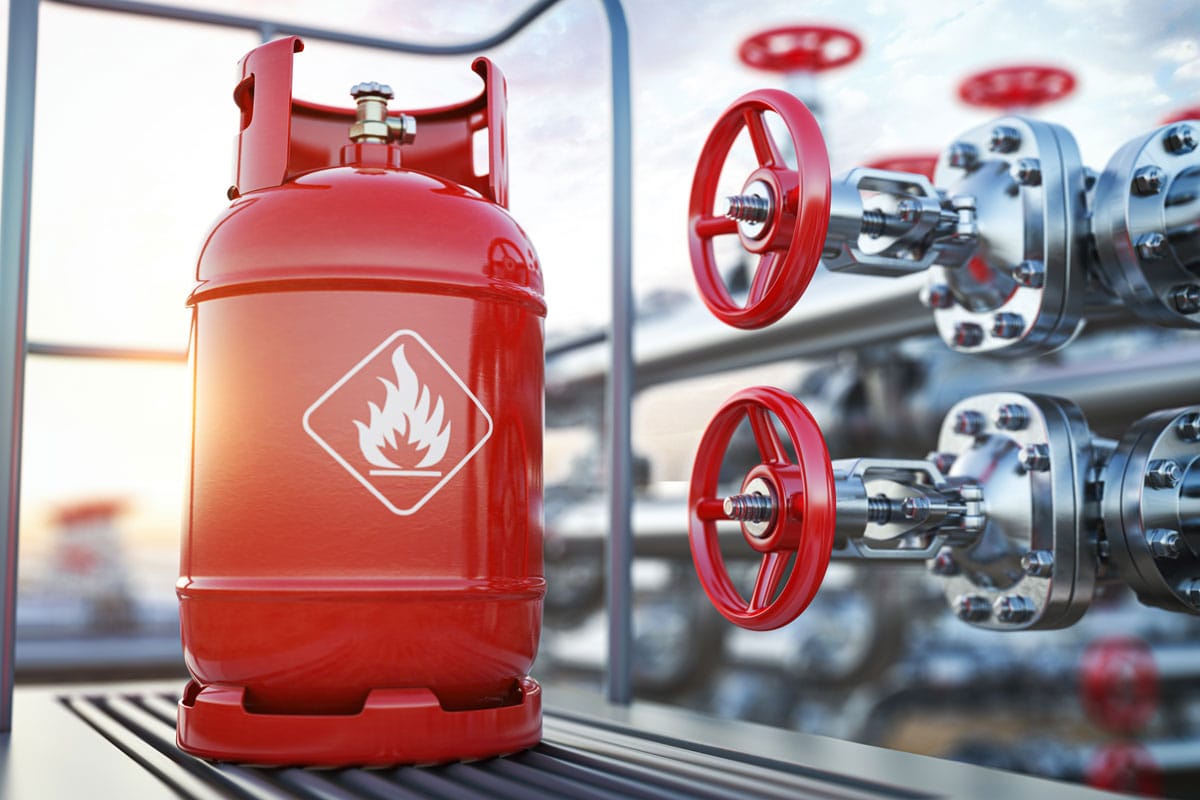
Propane Gas
It is a natural gas commonly used in cooking and a fuel for vehicles and machines like farm equipment. Propane gas is clean, and it is a combustion material that can easily start a fire.
See this tank of propane gas on Amazon
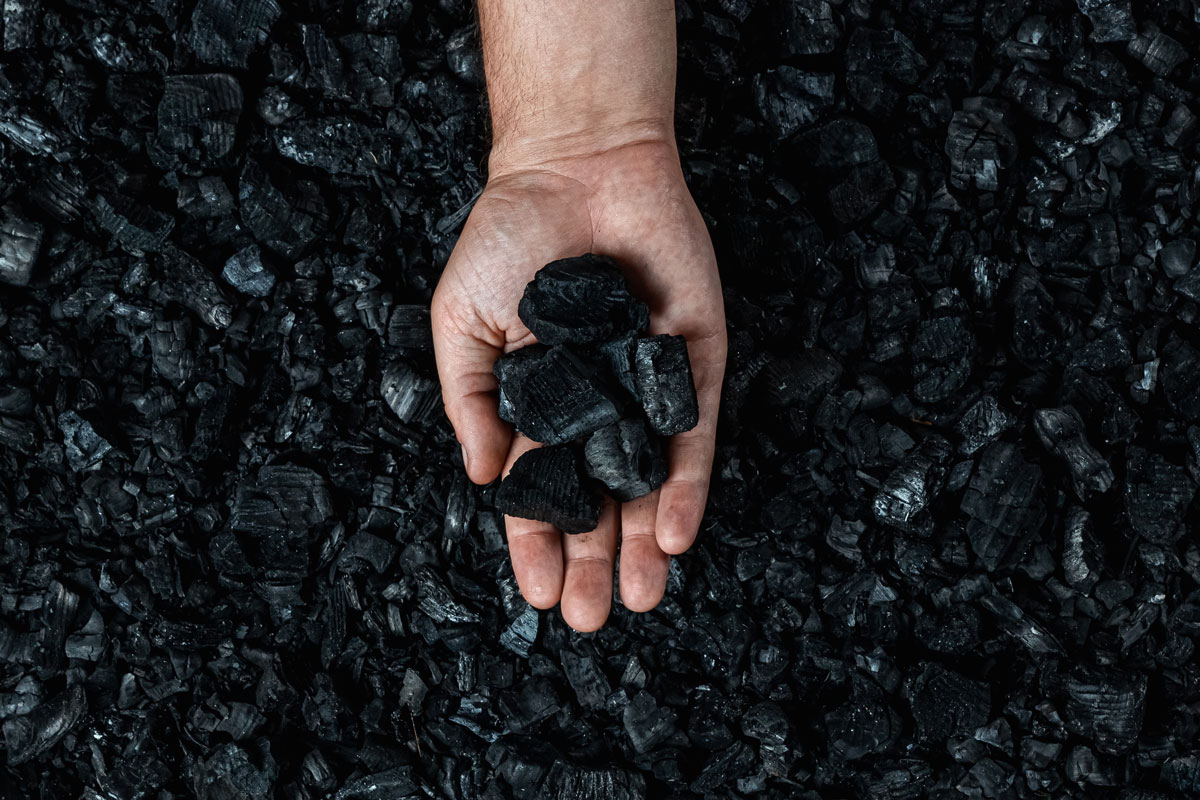
Coal
Coal is a type of sedimentary rock that is rich in natural elements such as carbon, sulfur, and hydrogen. Although it may be harder to find than propane gas, coal can retain heat for up to 24 hours.
However, check the boiler to see if it has an alternative space for manual boiling when you run out of gas.
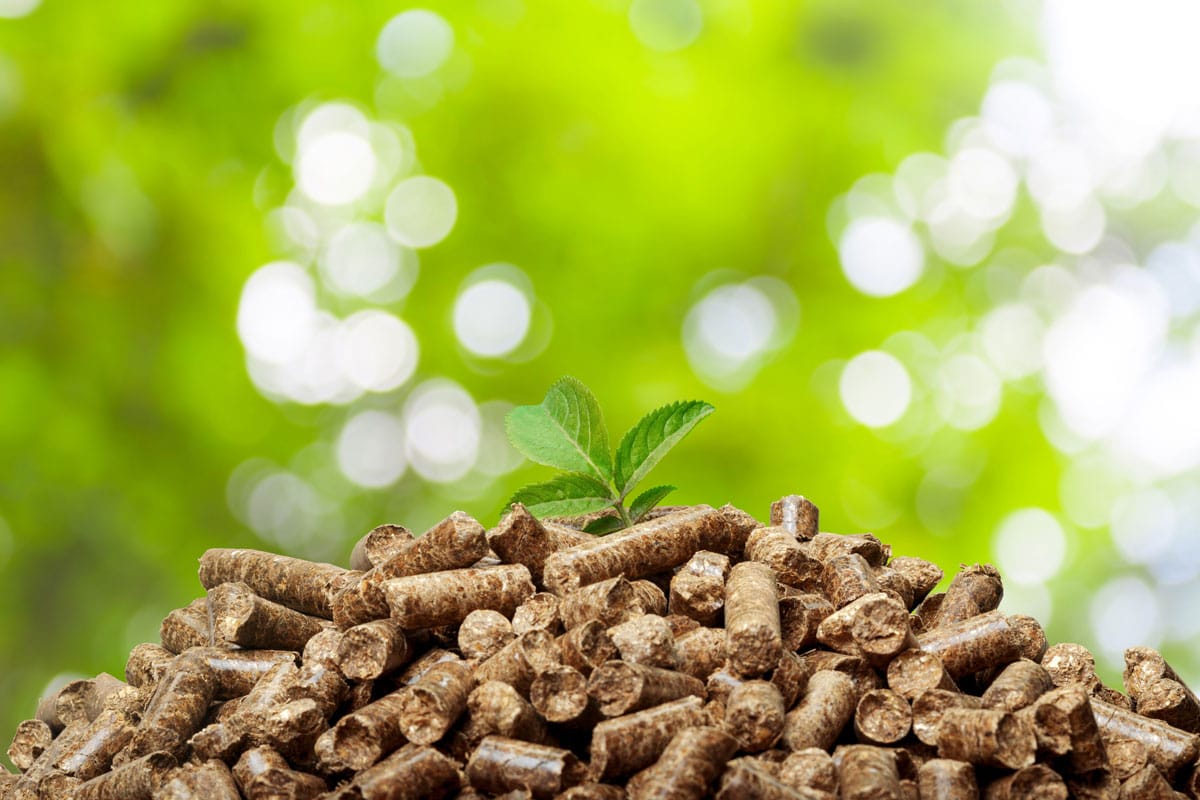
Biomass Fuel
From the word itself, biomass refers to natural things or wastes that can serve as a fuel. These things might be wood, corn cobs, or solid garbage.
Biomass fuel may require an environmental permit. So, take time to consult local authorities before using it for your boiler.
Do Heaters Use Fuel?
There is a gas heater for water that uses propane or oil. But it only uses a minimal amount, since most heaters are used indoors and do not need a lot of space. However, modern water heaters use electricity to heat metal rods, which we've discussed above.
See this gas heater for water on Amazon.
Conclusion

So, we learned the differences between boilers and water heaters. And we provided useful information about their heating mechanism and other related matters.
Also, we talked about average prices, and learned that boilers are usually more expensive than water heaters.
We also discussed common fuel for boilers and some safety to keep in mind. Remember to comply with local laws and get any necessary permits, depending on your location.
Do you want more exciting articles like this? Then we're sure you'll love to read these:
What Heaters Are Safe For Indoors? [7 Options Explored]
Room Temperature Doesn’t Match Thermostat Setting—What To Do?



